Your dental and oral health are at danger if any of the layers of your teeth are compromised. Enamel serves as the first line of defense for your teeth, so taking proper care of it may go a long way toward ensuring your oral health.
Your teeth’s top layer, enamel, protects the two layers that are located underneath it. It is very mineralized, tough, transparent, and often pearl or off-white in color. Rigid, porous, and off-yellow describe dentin. Your tooth’s pulp chamber, a mass of nerves and veins, is located underneath that.
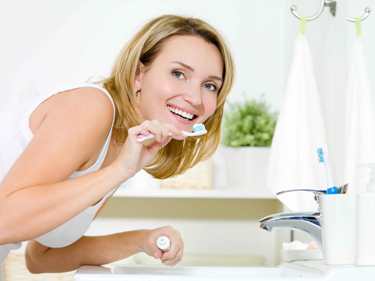
Many of the recommendations that may improve your dental and oral health focus on maintaining your enamel and keeping your gums tightly attached where the enamel meets the gums. It makes the most sense to preserve enamel since it may deteriorate.
Healthy teeth need a lifetime of maintenance. Even if you’ve been told you have lovely teeth, it’s still important to care for them properly every day to avoid issues. This entails using the appropriate dental care products and paying attention to your regular routine.
1. Use correct brushing
The manner in which you brush is equally crucial; in fact, cleaning your teeth improperly is nearly as terrible as not brushing at all. Take your time and eliminate plaque by gently circling your teeth with the toothbrush. Plaque that isn’t removed may harden, causing calculus to form and gingivitis (early gum disease).
2. Always clean your teeth before bed

It’s no secret that brushing your teeth at least twice a day is generally advised. However, a lot of us still skip cleaning our teeth at night. However, cleaning your teeth before night removes plaque and bacteria that have accumulated during the day.
3. Use toothpaste with fluoride
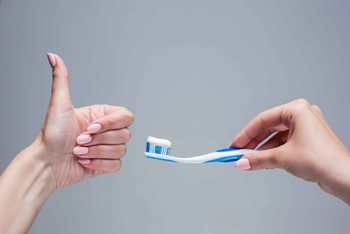
There are more factors to consider in toothpaste than whitening ability and taste. Regardless of the version you choose, be sure fluoride is present.
Fluoride is still a crucial component of dental health, despite the fact that some people are concerned about how it may affect other aspects of health. This is due to fluoride’s prominent role in tooth decay prevention. It functions by eradicating bacteria that might cause decay and by acting as a barrier for your teeth.
4. Do not let flossing challenges deter you
Particularly for small children and elderly persons with arthritis, flossing may be challenging. Instead of giving up, seek for equipment that might make flossing your teeth easier. Drugstore dental flossers that are ready to use may help.
5. Give flossing the same weight as brushing
Many people who frequently brush also fail to floss. According to Jonathan Schwartz, DDS, flossing is not simply for removing food particles or vegetables that may be lodged in between your teeth. It primarily serves to stimulate the gums, reduce plaque buildup, and assist in reducing localized irritation.
Most people just need to floss once every day to get these advantages.
6. Up your water intake
The healthiest beverage for your overall health, including dental health, is still water. Schwartz also advises drinking water after every meal as a general guideline. In between brushing, this may help wash off some of the detrimental effects of sticky and acidic meals and drinks.
7. Think about mouthwash
Mouthwash is promoted as being required for optimum dental health, yet many individuals don’t use it because they don’t understand how it works. According to Schwartz, mouthwash is beneficial in three different ways: it reduces the amount of acid in the mouth, cleans the gums and hard-to-reach regions surrounding them, and remineralizes the teeth. He says mouthwashes are helpful as a supplemental tool to assist things get in balance. “I believe mouthwash is especially useful in youngsters and elderly adults, when the capacity to brush and floss may not be optimum.”
Request particular mouthwash advice from your dentist. For those with sensitive teeth and youngsters, certain products work best. Additionally, mouthwash on prescription is offered.
8. Avoid meals high in sugar and acid
In the end, sugar turns into acid in the mouth, which may wear away at the tooth enamel. Cavities are caused by these acids. Teas, coffee, and acidic fruits may all erode dental enamel. Even if you aren’t need to completely avoid certain items, it doesn’t hurt to be cautious.
9. Consume crinkly fruits and veggies
Although ready-to-eat meals seem practical, they may not be the best for your teeth. Fresh, crisp food is the greatest option for your teeth since it includes more beneficial fiber. Schwartz advises parents to introduce more difficult-to-chew and consume meals to their children at an earlier age. So quit chopping things into little bits, avoid extremely mushy manufactured foods, and start using your jaws!
10. Schedule two annual visits to the dentist
Your general dental health is greatly influenced by your daily routine. Even the most diligent brushers and flossers should see the dentist on a regular basis. You should see the dentist at least twice a year for cleanings and checkups. A dentist may check for cavities, remove calculus, and recommend treatments in addition to identifying current problems.
Even more regular dental visits may be covered by certain dental insurance providers. Use this to your advantage if it applies to you. If you have a history of dental problems like gingivitis or recurrent cavities, doing this is very beneficial.
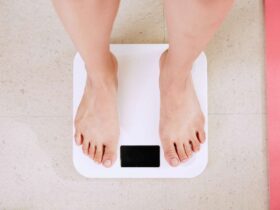
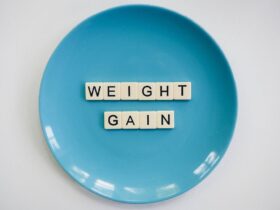


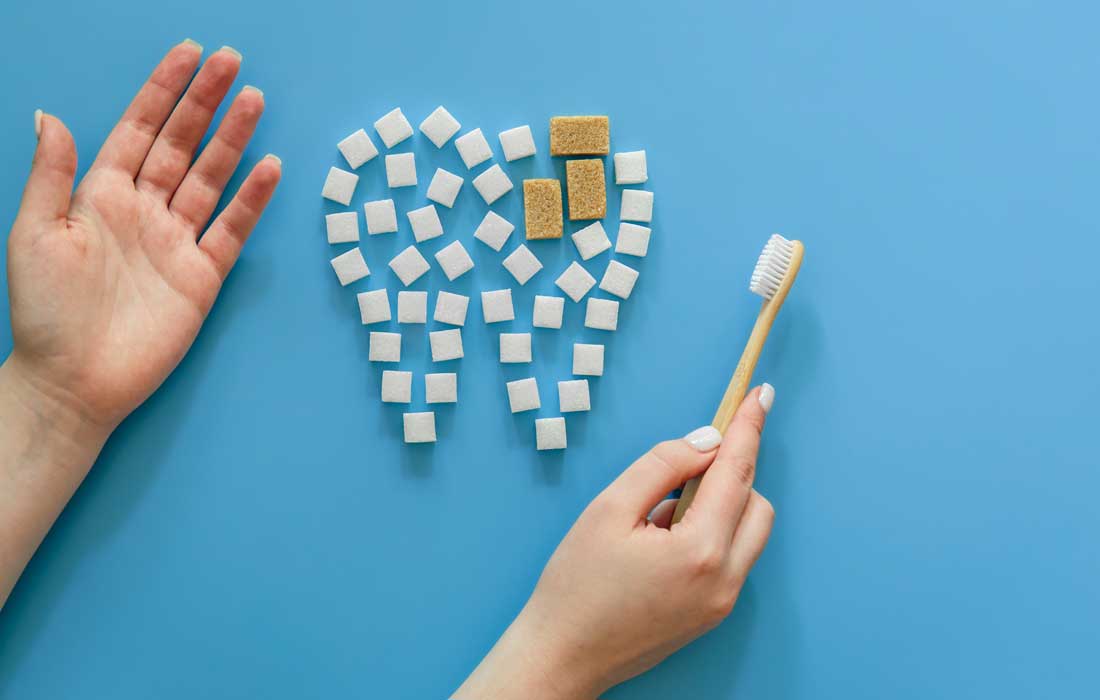


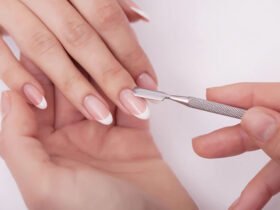
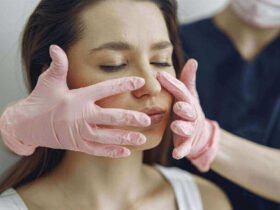

Leave a Review